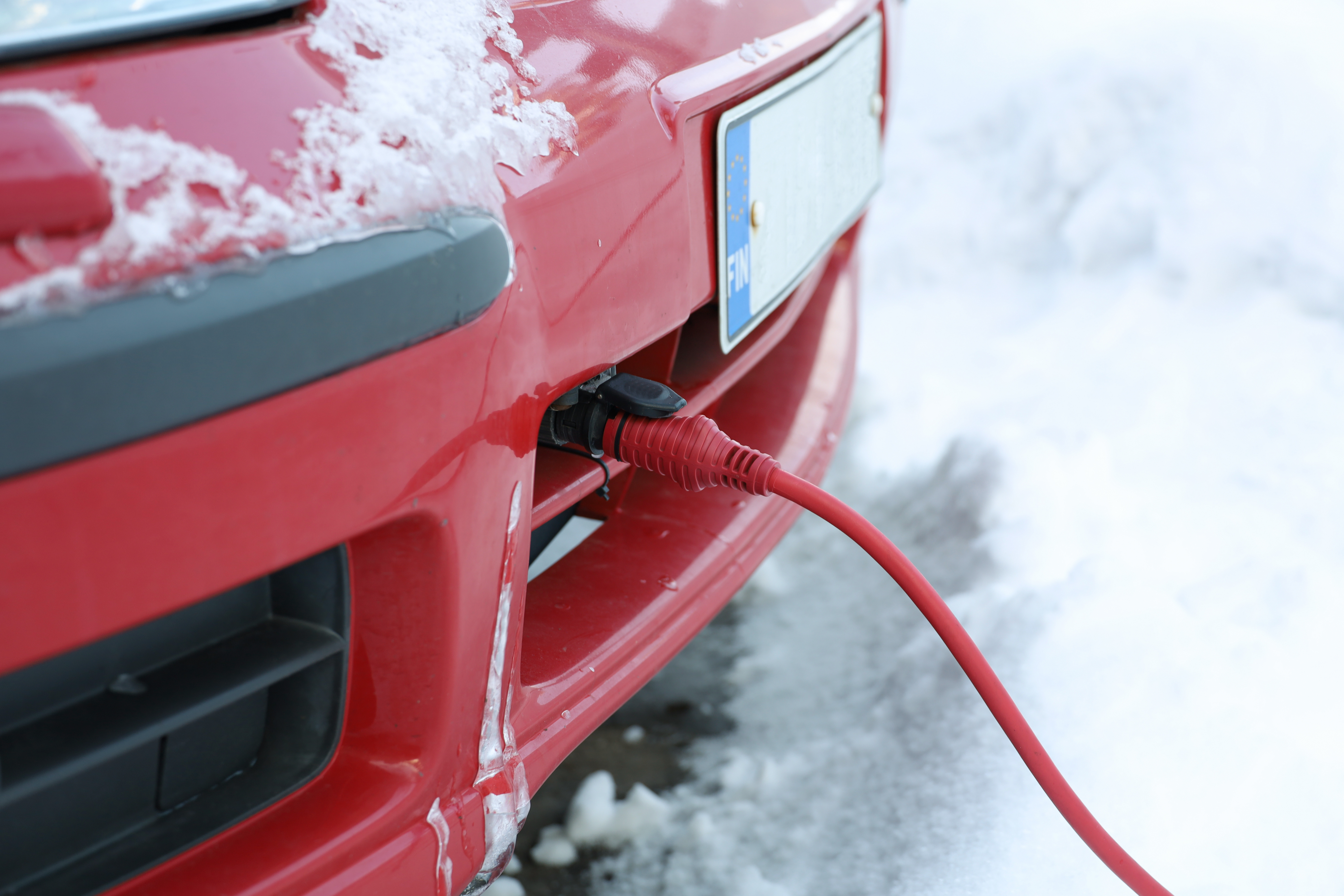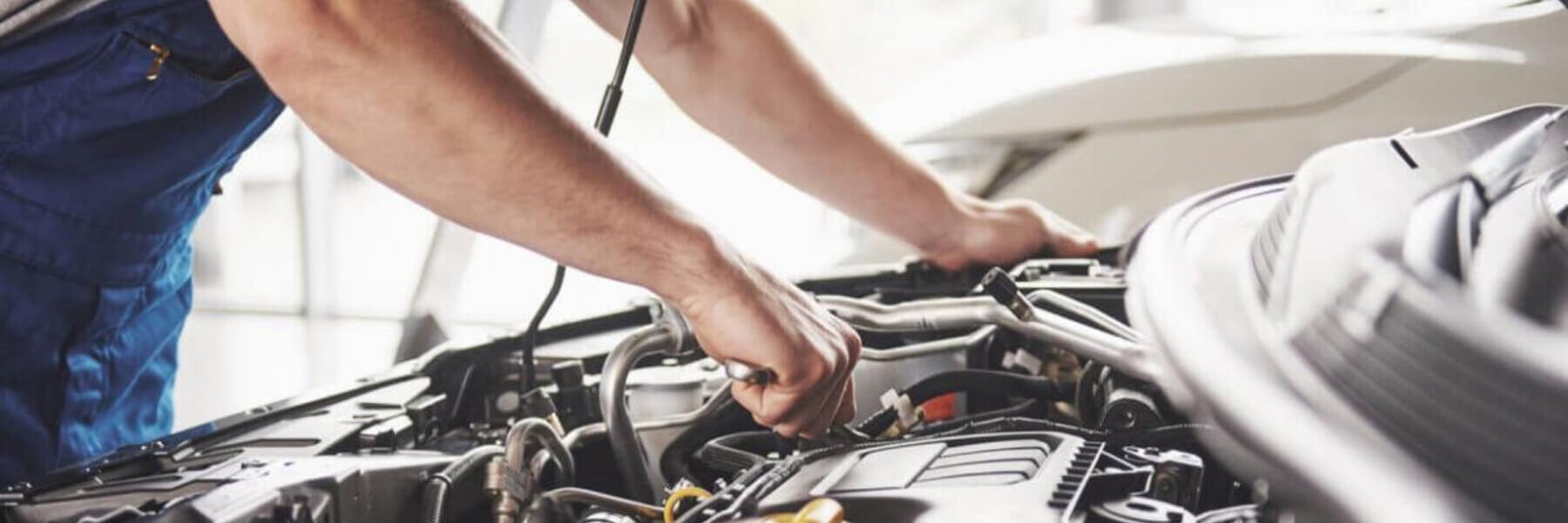Is your car heater blowing cold air? There's no better way to make a winter drive unpleasant--which means you're likely looking for a quick answer. Here's what you need to know about vehicle heaters, common problems, and the auto repair solutions that might just save the day.
An Inside Look At Car Heaters
Your vehicle is an intricate machine, and there are all kinds of moving parts that keep it running smoothly. While your heater might not be related to safety or drive performance, heating is an important part of many auto repair requests--and that's why it's helpful to know what actually happens when you switch on that warm air.
The first thing to remember is that your vehicle likely has a water-cooled engine (unless it's electric or one of a few specialized models). In this structure, your engine uses coolant to, well, keep cool--and in the process, the coolant absorbs heat. This heated liquid leaves the engine and moves into a heater core. A small motor kicks in and air passes through the heater core, where it's warmed up by the coolant. This is the air that comes out of your vehicle's vents when you turn on the heater.
When your heat system functions this way, warm air relies on a warm engine. That's why your heater takes a few minutes to "kick in" when you first start your vehicle. However, if that warmth never does kick in, you may have a problem.
Heater Problems and Auto Repair Solutions
If your vehicle's heater isn't working, don't just shiver and bear it. Instead, check for some of these common issues and get the auto repair help you need:
Heater Core Blockage
The heater core is a key element in your heating system, but it isn't totally fool-proof. Sometimes, coolant can clog the tubing inside the core, leading to a blockage that interrupts heating. There may also be a valve in your heater core that can get stuck closed.
If you have a heater core blockage or similar issue, you might notice a sweet-smelling odor, fog in your vehicle's cabin, and an increase in the rate of coolant usage.
Solution: You can flush out your heater core to remove a blockage, then clean the exterior by hand. If that still doesn't fix your heating system, you might need a new core installed.
Trapped Air
It might seem strange that trapped air can cause a problem in your air heating system, but it's the truth. That's because this issue can interrupt your heater core's functionality, leading to a lot of chilly mornings.
Solution: Flush the heater core to get those trapped air bubbles out of the system.
Jammed Valves or Doors
Your heating system has a variety of valves and doors, sometimes controlled by different mechanisms, that allow air and coolant to get where they need to go. If just one of these passageways becomes jammed, your heating system could suffer.
One of the most common issues is related to thermostats, which are valves that only open when the coolant reaches a certain temperature; if the thermostats aren't functioning properly, they may not let coolant into your heater core. This doesn't just cause heating system problems--it can also cause engine overheating, which can be a more frustrating auto repair issue. If, on the other hand, the thermostats are stuck in an open position, the engine doesn't get warm enough and your heater still won't work.
There are other doors and valves involved in your heating system, and they can get stuck, too. If they do, air will go around your heater core instead of being warmed by your coolant, once again resulting in a chilly vehicle interior.
Solution: You may need to have your thermostats, doors, or valves replaced by an auto repair expert.
Low Coolant
One of the most common--and also easiest--problems in a vehicle's heating system is a low level of coolant. If you don't have enough of this stuff, your heater will be the first thing to suffer--but your engine might have problems, too.
Solution: Top off your coolant--it's that simple!
Heating system failure can be frustrating, especially during the colder months--but it doesn't have to be an auto repair disaster. Instead, brush up on the most common issues and find a specialist who can help diagnose or fix your car's problems.
Need a little help from auto repair experts? Contact us today to get your vehicle back into tip-top shape!



